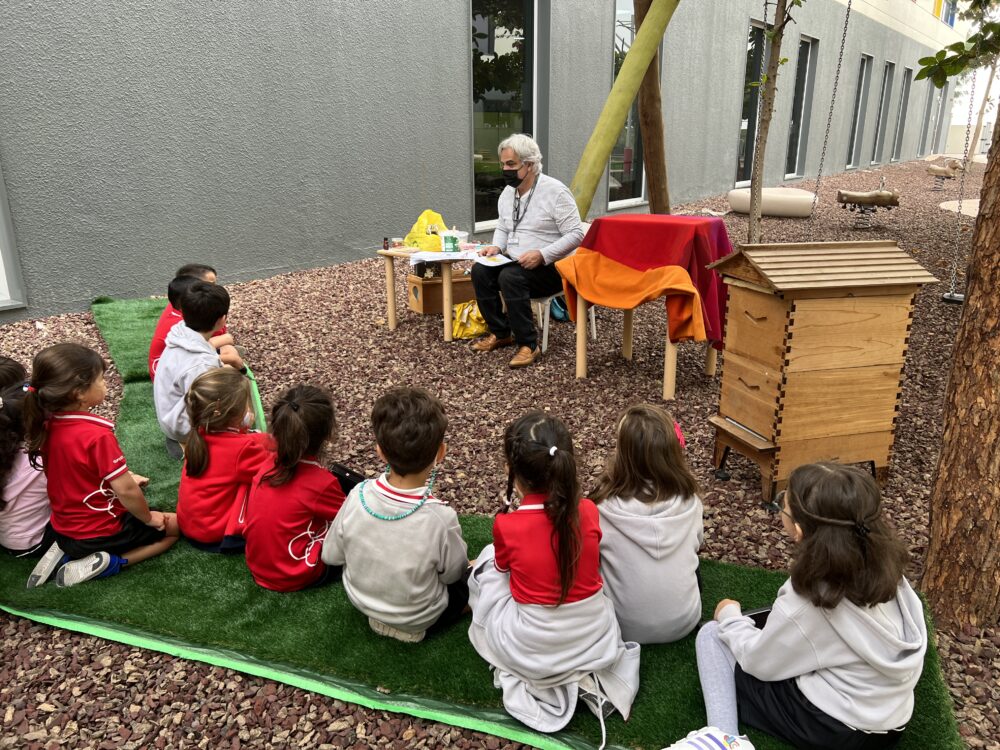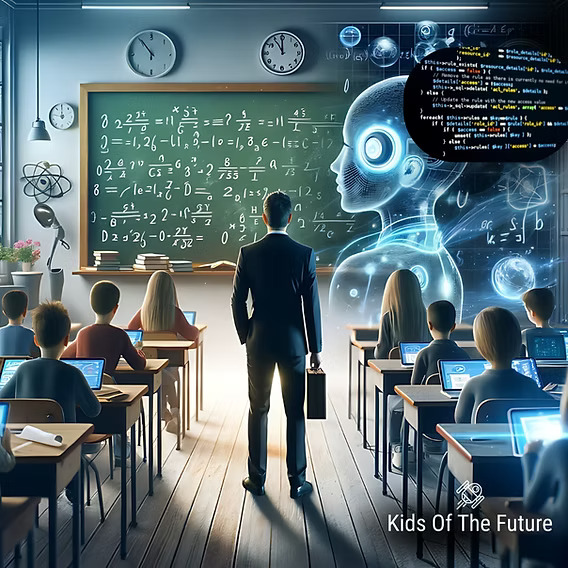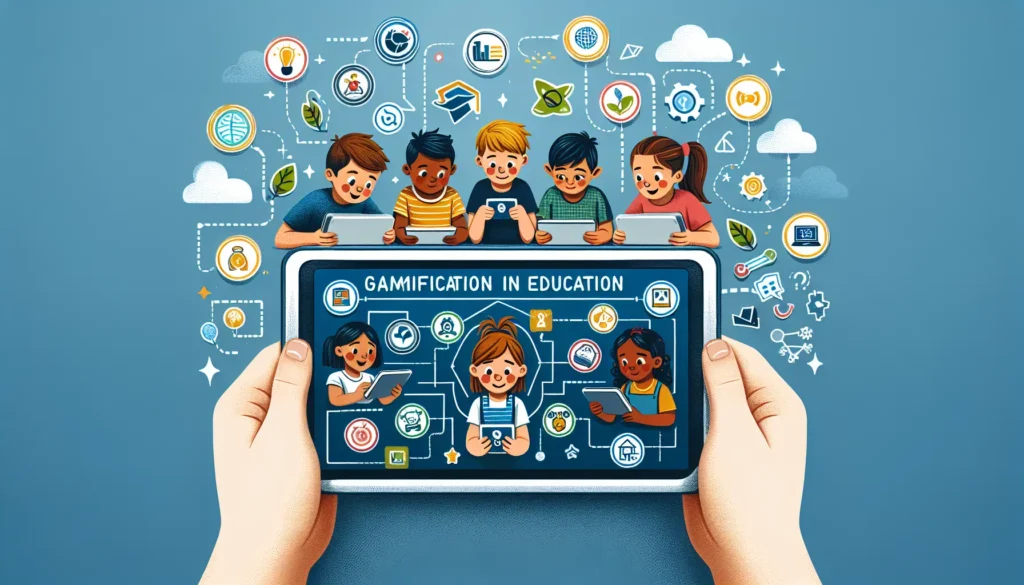
Education ministries across the Gulf
Cooperation Council (GCC) countries are joining forces to embed sustainability
into their national curricula, aiming to raise an environmentally conscious
generation ready to tackle climate change and global challenges.
Saudi Arabia, Qatar, and Bahrain have launched
initiatives to integrate environmental education from early childhood, with hands-on
activities like school gardening, energy audits, and recycling drives becoming
commonplace in classrooms. The Saudi Ministry of Education has even partnered
with global sustainability organizations to roll out “Green School”
certifications — incentivizing eco-friendly infrastructure and curriculum-based
sustainability practices.
In Oman, a new pilot program teaches children
about marine biodiversity and water conservation, addressing key local
environmental concerns. Meanwhile, Qatar Foundation has expanded its
“Eco-Schools” program across private and public schools, encouraging a culture
of accountability and environmental stewardship among students.
UAE’s neighbors aren't just talking the talk —
they're walking it. Kuwait's Ministry of Education is developing a national
e-learning platform focusing on environmental sciences and sustainable
development, accessible to both students and educators.
This region-wide initiative reflects a shift
from traditional textbook education to experiential learning, rooted in
real-world applications. It also aligns with the UN’s Sustainable Development
Goals (SDGs), where education for sustainable development (ESD) plays a key
role.
By cultivating eco-conscious mindsets and
green skills early on, the GCC is not only preparing students for future
careers — it’s preparing them to become changemakers in an increasingly
uncertain world.




.jpg)
.png)
.png)





